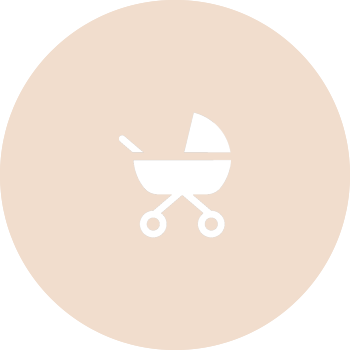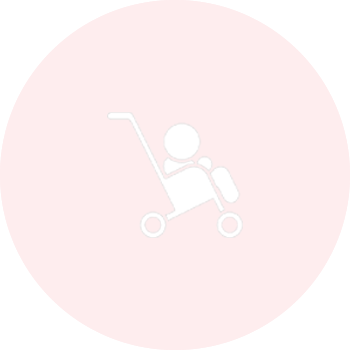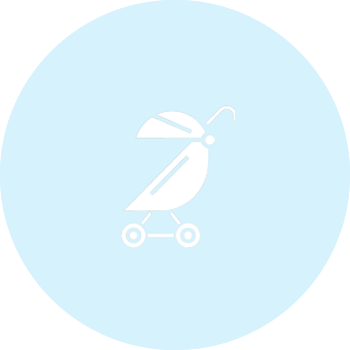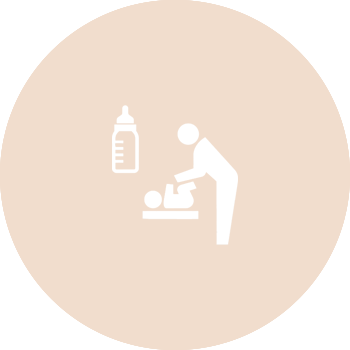Ensuring your newborn or toddler sleeps soundly is crucial for their well-being and yours. Here’s expert advice from Sleep Consultant Susan Wallace on how to achieve restful slumber every night!
Preventing Sudden Infant Death Syndrome (SIDS): Six Essential Guidelines
-
Room Sharing: Share a room with your baby for at least the first six months. The Lullaby Trust states this can cut the risk of SIDS by up to 50%. Keeping your baby close at night and during naps makes it easier to respond to their needs, such as feeding and diaper changes.

-
Back Sleeping: Always put your baby to sleep on their back, both day and night. This position reduces the risk of SIDS by six times compared to front sleeping. Place their feet at the crib's foot, known as the 'feet-to-foot' position. Once your baby can roll over, they can choose their comfortable position, but always start them on their back. Ensure they have supervised tummy time during the day to balance out time spent on their back.

-
Avoid Sofas or Armchairs: Never sleep with your baby on a sofa or armchair, as this increases the risk of SIDS by 50 times. If you feel drowsy while holding your baby, place them in a safe sleep space or hand them to another adult.
-
Flat, Firm, Clear Sleeping Surface: Use a flat, firm mattress with a waterproof cover to keep it clean and dry. Avoid baby hammocks, pods, and nests as they don't meet safe sleep standards. If your baby falls asleep in a car seat, transfer them to a firm, flat surface promptly. Avoid quilts, pillows, and duvets, and ensure sleeping bags are the correct size to prevent your baby’s head from slipping below the head hole.
-
Temperature Regulation: Keep the room temperature between 16-20 degrees Celsius to prevent overheating. Adjust sleepwear based on room temperature and use a room thermometer to monitor it. Check the back of your baby’s neck to gauge their core temperature. Avoid placing the crib near radiators or windows and do not use hats indoors. A cold mist humidifier can help with nasal congestion.

-
Bed-Sharing Guidelines: If you choose to bed-share, ensure the baby’s sleep space is clear of pillows, sheets, and blankets that could obstruct breathing or cause overheating. Follow all other safe sleep guidelines, keep pets and other children out of the bed, and ensure the baby cannot fall out or become trapped. Avoid bed-sharing if any adults smoke, have consumed alcohol or drugs, are extremely tired, or if the baby was born prematurely or with a low birth weight.
These tips will help ensure your baby’s sleep environment is safe and comfortable.





